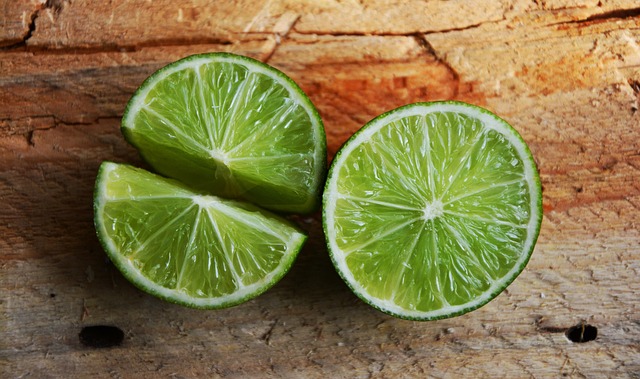What are Probiotics?
Probiotics are live microorganisms that are found in certain foods or supplements. They are similar to the beneficial bacteria that naturally occur in the human digestive tract. These bacteria are thought to have a positive impact on intestinal health by promoting digestive balance and immune system function.
The Benefits of Probiotics for Kids
Children’s bodies are still developing, and their immune systems are not yet fully mature. Therefore, probiotics can be especially beneficial for kids, providing the following benefits:
- Improved Digestive Health: Probiotics help restore the balance of good bacteria in the gut, which can improve digestion and alleviate symptoms like constipation, diarrhea and bloating.
- Stronger Immune System: Studies have shown that probiotics can strengthen the immune system by increasing the production of natural antibodies and stimulating the activity of immune cells. This can help children fight off infections and illnesses more effectively.
- Reduced Risk of Allergies: Probiotics have been found to reduce the risk of allergies in children by altering the immune response and improving the integrity of the gut lining.
- Better Brain Function: Recent research has suggested that there is a connection between the gut and the brain, meaning that probiotics may also have a positive effect on emotional and cognitive development in children.
How to Incorporate Probiotics Into Your Child’s Diet
There are several ways to ensure that your child is getting enough probiotics in their diet:
- Yogurt: Yogurt is a popular food source of probiotics, and many brands come with live and active cultures. Look for yogurt that specifically mentions probiotics on the label to ensure that it contains beneficial bacteria.
- Kefir: Kefir is a fermented milk drink that contains high levels of probiotics. It has a tangy flavor and can be enjoyed on its own or blended into smoothies.
- Fermented Foods: Other fermented foods such as sauerkraut, kimchi and pickles are also natural sources of probiotics.
- Supplements: Probiotic supplements are available in many forms, including capsules, tablets and powders that can be added to food or drinks.
Things to Consider When Choosing Probiotics for Your Child
Not all probiotics are created equal, so it’s important to choose the right one for your child. Here are some things to consider:
- Strain: Look for a product that contains Lactobacillus or Bifidobacterium strains, as these have been shown to be particularly effective in children.
- Dosage: The amount of probiotics that your child needs will depend on their age and health. Talk to a healthcare provider to determine the appropriate amount.
- Purity: Make sure that the product you choose has been third-party tested for purity and potency, as some products may contain harmful contaminants or not have enough live bacteria to be effective.
- Ingredients: Look for a product that does not contain additives, preservatives or other harmful ingredients.
Conclusion
Probiotics can be a valuable addition to any child’s diet, offering many important health benefits. By choosing the right product and incorporating probiotic-rich foods into their diet, parents can help their children build a strong and healthy gut, as well as a resilient immune system.







